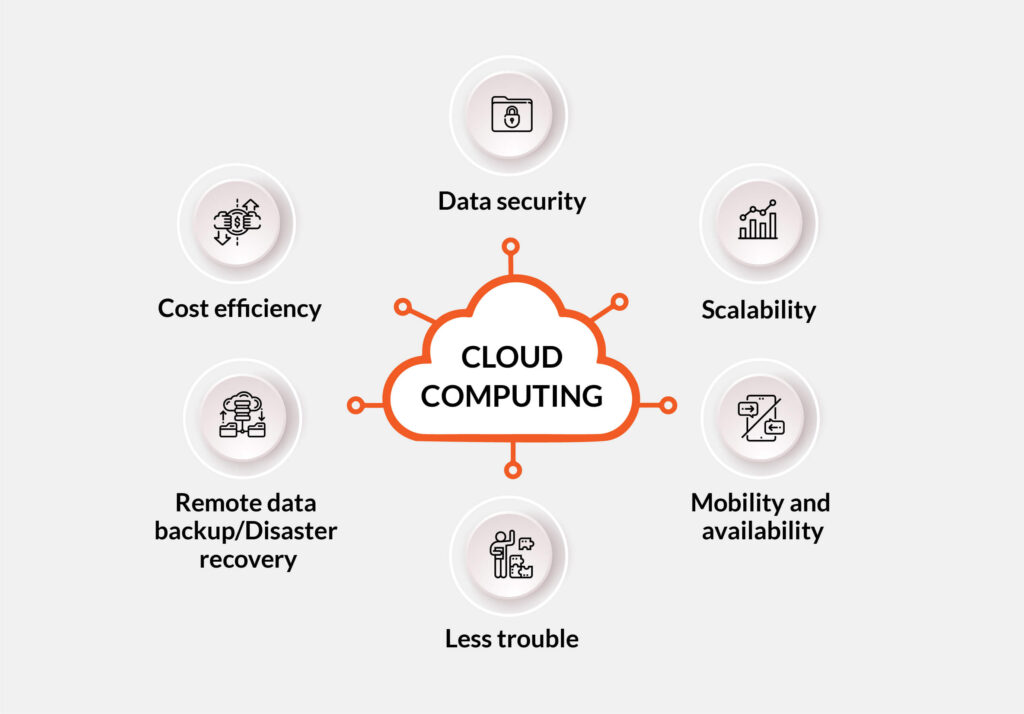Microsoft Edge has made significant progress, steadily incorporating new features and functionalities that position it as a strong contender among web browsers.
Equipped with tools like an AI assistant and a sleek design, Edge represents Microsoft’s strategic move towards offering a seamless browsing experience for Windows users.
Despite Microsoft’s persistent efforts to promote Edge as the browser of choice, some users are questioning the extent to which the company is willing to go.
Microsoft Edge has played a pivotal role in enhancing browsing experiences and establishing itself as a viable alternative to Google Chrome. The company has employed various tactics, from subtle hints to more overt strategies, to encourage Windows users to switch to Edge. While not all approaches have been successful, Microsoft remains committed to expanding its user base through innovative means.
One recent development is Edge’s automatic launch upon startup, prompting users to transfer their Chrome data, including browsing history, bookmarks, and open tabs.
A recent observation by The Verge revealed that Edge may display a prompt promoting its AI assistant, Copilot, upon booting up a PC. This prompt includes a pre-checked box that enables Edge to import data from other browsers, such as Chrome, a move that has sparked concerns over Microsoft’s aggressive marketing tactics.
Microsoft has acknowledged that this approach is deliberate, allowing users to opt out. However, the default settings and prominent import button may make it challenging for users to avoid data transfer unintentionally.
Even if users dismiss the initial prompts, uninstalling Edge is not straightforward, and certain Windows updates may reinstall the browser automatically, causing frustration for those who prefer alternative options.
While similar prompts were introduced earlier and subsequently removed by Microsoft, they have now resurfaced. According to Microsoft’s Caitlin Roulston, the notifications aim to offer users the choice to import data from other browsers.
Microsoft has employed persuasive tactics to promote Edge in the past, such as auto-importing data from Chrome in 2022 (albeit optional) and making it challenging to set another browser as default in 2021. These tactics have raised concerns about Edge’s credibility, Windows 11, and Microsoft’s broader AI initiatives.
The controversy surrounding intrusive prompts should serve as a warning to Microsoft, signaling that aggressive Edge pop-ups in Windows 11 could hinder user adoption of its AI-driven platform.
(Photo by appshunter.io)
See also: Google reportedly plans first US tech data center in Vietnam
Interested in learning more about cybersecurity and the cloud from industry experts? Explore Cyber Security & Cloud Expo in Amsterdam, California, and London. Discover other upcoming enterprise technology events and webinars powered by TechForge here.



